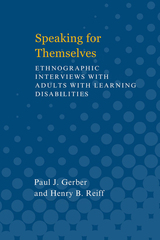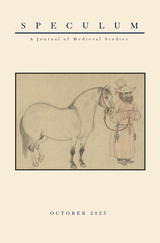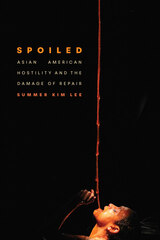
“Inspiring and informative…deserves to be widely read.”
—Wall Street Journal
“This fun book offers a philosophical take on number systems and revels in the beauty of math.”
—Science News
Because we have ten fingers, grouping by ten seems natural, but twelve would be better for divisibility, and eight is well suited to repeated halving. Grouping by two, as in binary code, has turned out to have its own remarkable advantages.
Paul Lockhart presents arithmetic not as rote manipulation of numbers—a practical if mundane branch of knowledge best suited for filling out tax forms—but as a fascinating, sometimes surprising intellectual craft that arises from our desire to add, divide, and multiply important things. Passionate and entertaining, Arithmetic invites us to experience the beauty of mathematics through the eyes of a beguiling teacher.
“A nuanced understanding of working with numbers, gently connecting procedures that we once learned by rote with intuitions long since muddled by education…Lockhart presents arithmetic as a pleasurable pastime, and describes it as a craft like knitting.”
—Jonathon Keats, New Scientist
“What are numbers, how did they arise, why did our ancestors invent them, and how did they represent them? They are, after all, one of humankind’s most brilliant inventions, arguably having greater impact on our lives than the wheel. Lockhart recounts their fascinating story…A wonderful book.”
—Keith Devlin, author of Finding Fibonacci
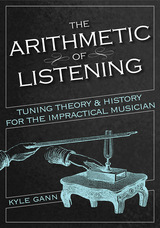
A classroom essential and an invaluable reference, The Arithmetic of Listening offers beginners the grounding in music theory necessary to find their own way into microtonality and the places it may take them. Moving from ancient Greece to the present, Kyle Gann delves into the infinite tunings available to any musician who feels straitjacketed by obedience to standardized Western European tuning. He introduces the concept of the harmonic series and demonstrates its relationship to equal-tempered and well-tempered tuning. He also explores recent experimental tuning models that exploit smaller intervals between pitches to create new sounds and harmonies.
Systematic and accessible, The Arithmetic of Listening provides a much-needed primer for the wide range of tuning systems that have informed Western music.
Audio examples demonstrating the musical ideas in The Arithmetic of Listening can be found at: https://www.kylegann.com/Arithmetic.html
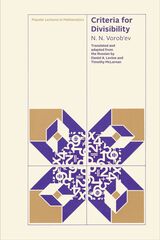
All this is done comprehensively with the help of a unique plan for study which encourages the student to skip large sections of the book on first reading and return to them later. The more general and conceptually challenging material appears in small print, so that the student must have a good grasp of the number-theoretic concepts on which the generalizations are based before making the step to generalization. The booklet provides both specific knowledge in a particular field of mathematical investigation and a fine basis on which to continue studies in mathematics.
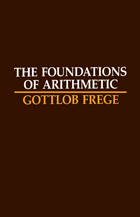
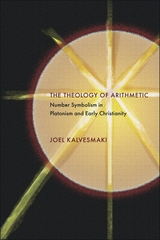
READERS
Browse our collection.
PUBLISHERS
See BiblioVault's publisher services.
STUDENT SERVICES
Files for college accessibility offices.
UChicago Accessibility Resources
home | accessibility | search | about | contact us
BiblioVault ® 2001 - 2025
The University of Chicago Press


